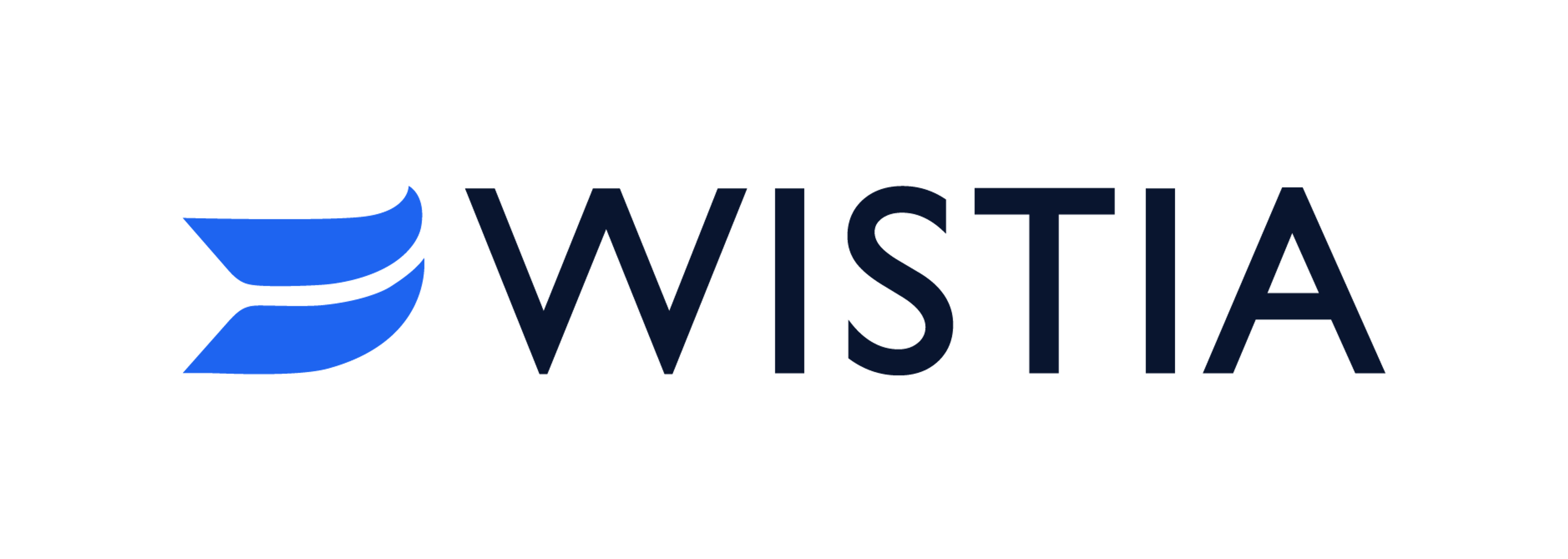Case studyMux Data helps determine ABR algorithm's performance through testing

Wistia
Video software
Cambridge, MA
Tech
Customer:
Wistia is a video platform for digital marketers that serves over 300,000 businesses in 50 countries.
Challenge:
Max Schnur, a developer at Wistia, wrote a new adaptive bitrate algorithm for Wistia’s HLS implementation in their player. They hypothesized that it would be better than the previously used progressive MP4s, but did not have clear evidence that the migration would improve their video performance.
Solution:
Wistia used Mux Data to gain visibility into the migration from progressive MP4 to HLS. Using Mux Data, Max and his team were able to identify a problem with the HLS methodology for choosing renditions, which was too conservative and resulted in highly variable bitrates with the basic HLS algorithm. They developed a newer, less conservative algorithm that chose either the minimum or average bitrate based on how far ahead the video had buffered. Mux Data allowed the Wistia engineering team to tinker and make bug fixes that improved their video quality and delivery. They were also able to quantify the performance changes as a result of a major platform shift.
Results:
As a result of the change, “we ended up halving our bandwidth,” said Max. But Wistia does not rest on its laurels. Video is “a moving target, because we've done HLS now, but fragmented MP4s for HLS are probably going to be important soon. We might want to do DASH. So there are all these algorithms and different options that we want to try out in various formats, such as moving to VP9.” Mux Data allows Wistia to continuously test and improve their video platform.
No credit card required to start using Mux.